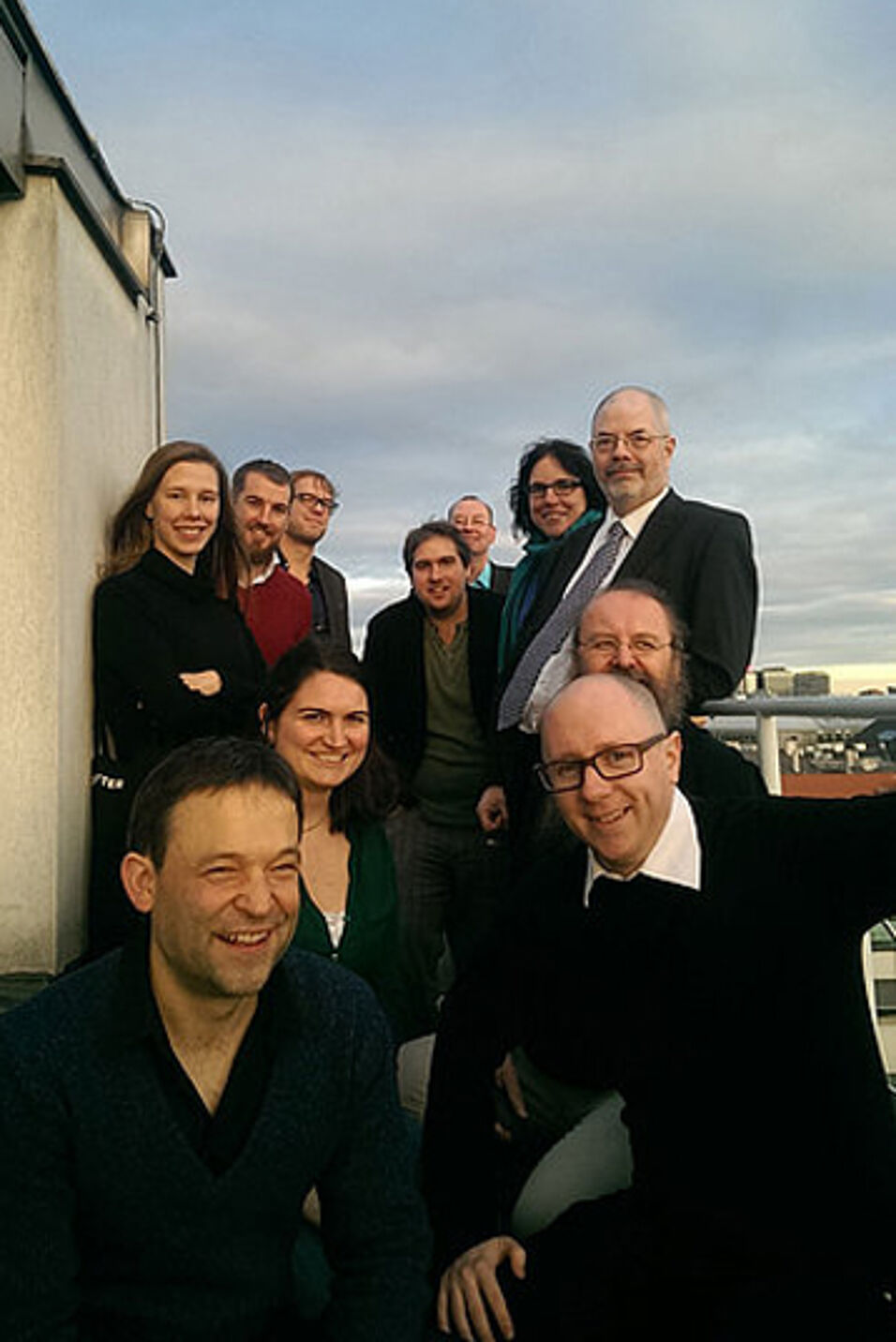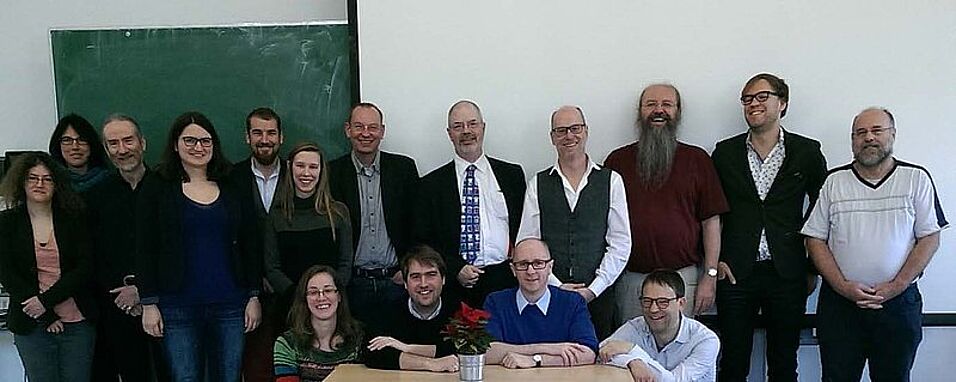Does a text mean something? And if so: Who decides, what that is? The author and his intention, the readers, the structure of the text, the original context, …? If not: Do we need boundaries of interpretation? What would it mean if there were no such boundaries?
For three days, exegetes and literary scholars discussed questions about the constitution of meaning in texts. These were approached with the perspective of postmodern theories, and therefore with a perspective that doesn’t assume an essential function of the author’s intention for the constitution of meaning. The theoretical range was very broad. Differences and similarities were elaborated of theories of the implied author, the history of reception as history of production, of theories from Jacques Derrida, Michel Foucault, Gilles Deleuze, Julia Kristeva and Paul de Mans. The author came into view as a choreographer, a witness and a reference, as an implied author and a factor in the process of canonisation.
It was pleasant to observe how an initial interdisciplinary uncertainty about whether literary science and theology may be connected quickly turned into a very lively, intensive and respectful discussion.
Every participant from Great Britain, the USA, Germany, Gdansk, Innsbruck and Vienna were able to take in a lot of insights for their research. The group that has formed from people interested in postmodern theories and hermeneutical questions promises to stay in touch in the future. A volume with the gathered submissions is in the process of planning.


